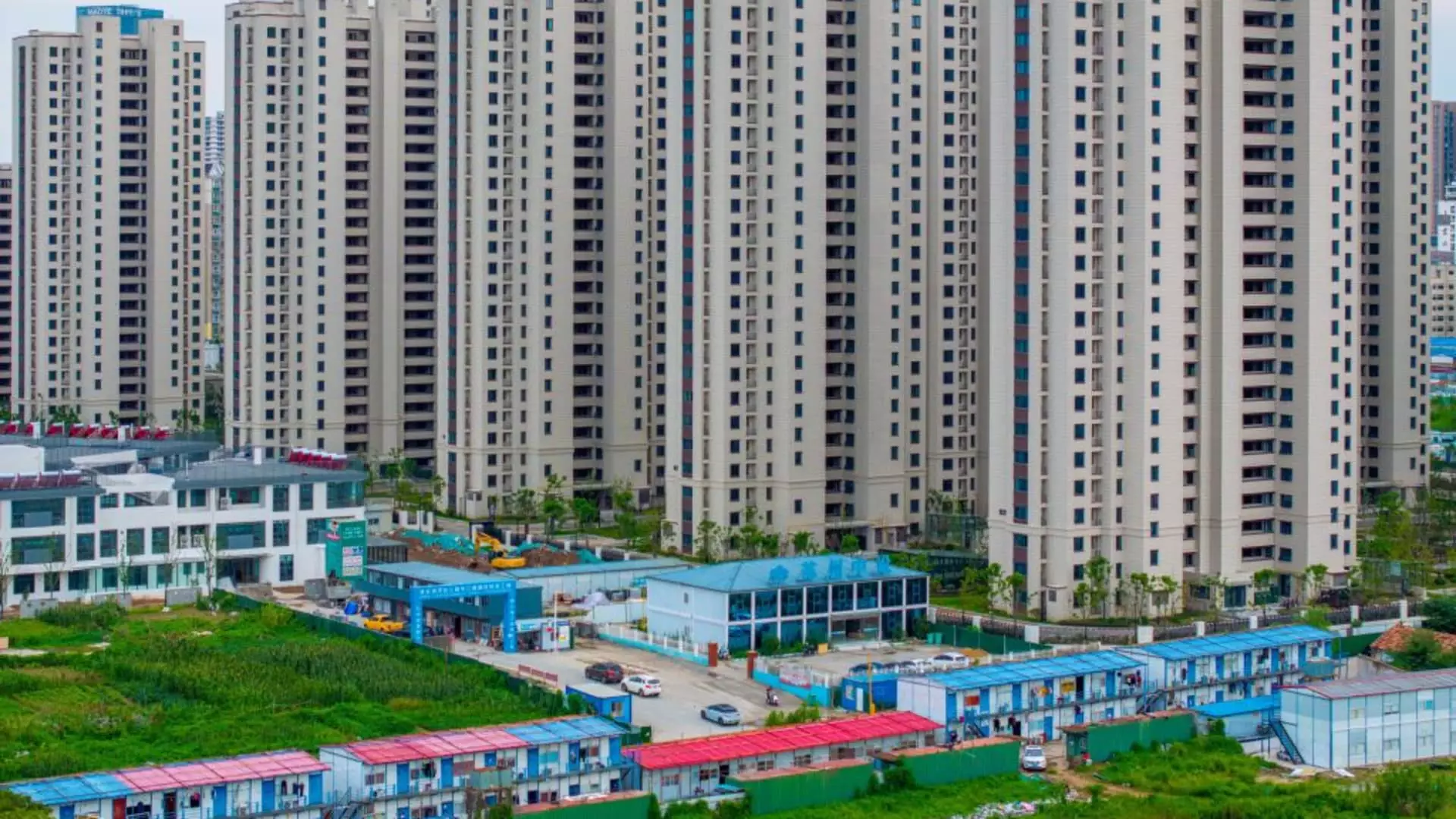Recent statements from top Chinese officials have highlighted the country’s commitment to focusing on its own affairs amidst escalating trade tensions with various nations. Han Wenxiu, deputy director at the Chinese Communist Party’s central committee office for financial and economic affairs, emphasized the importance of concentrating on internal matters to ensure the smooth running of the national economy. He outlined three key areas of focus, including the stable development of the real estate market, the growth of emerging industries, and the expansion of domestic demand, particularly in consumption.
In response to questions regarding how China plans to support economic growth in the face of increased trade tensions, Han reiterated Chinese President Xi Jinping’s call to “do your own thing well” and prioritize domestic affairs. The recent high-level policy meeting called the Third Plenum, which Han referred to, emphasized the importance of boosting domestic technology and achieving economic targets for the year. Han’s remarks echoed the sentiment that while external uncertainties have increased, China remains committed to its reform agenda and opening up further to the global market.
The trade tensions between the U.S. and China, which have heightened under the previous administration and continued into the current political landscape, have raised concerns about the potential impact on China’s economy. Former President Donald Trump’s threats of significant tariffs on Chinese goods have been followed by increased duties on specific sectors under the Biden administration. The European Union has also taken measures to raise tariffs on Chinese products. Despite these challenges, Chinese officials have not specifically named countries in their recent statements but have addressed the broader issue of geopolitical tensions and the temporary dip in foreign direct investment.
China’s economy has faced challenges in recent months, with slower growth rates and concerns about specific sectors such as real estate and consumption. While exports have remained a key driver of growth, issues such as a real estate slowdown and low consumer spending have impacted overall economic performance. The government’s efforts to boost advanced technology sectors have not fully offset the drag from these struggling areas. There have been calls for additional stimulus measures to achieve the targeted growth rate of around 5% for the year.
Han highlighted the systemic impact of the real estate sector on China’s economy and outlined measures to address the challenges. These include focusing on reducing existing housing inventory, optimizing new construction projects, and ensuring the timely delivery of pre-sold homes. The significant drop in real estate investment and residential sales in recent months has been a cause for concern, necessitating stronger macroeconomic policies according to Han. The plenum’s resolution also includes plans to improve the governance system and integrate urban and rural development more effectively.
Overall, China’s approach to managing trade tensions and domestic economic challenges involves a focus on internal stability and growth. The country’s commitment to reforms, opening up to global markets, and addressing key sectoral issues will play a crucial role in ensuring economic resilience in the face of external pressures. As China continues to navigate a complex global environment, its emphasis on domestic affairs and long-term economic strategies will be key to sustaining growth and prosperity in the years to come.

